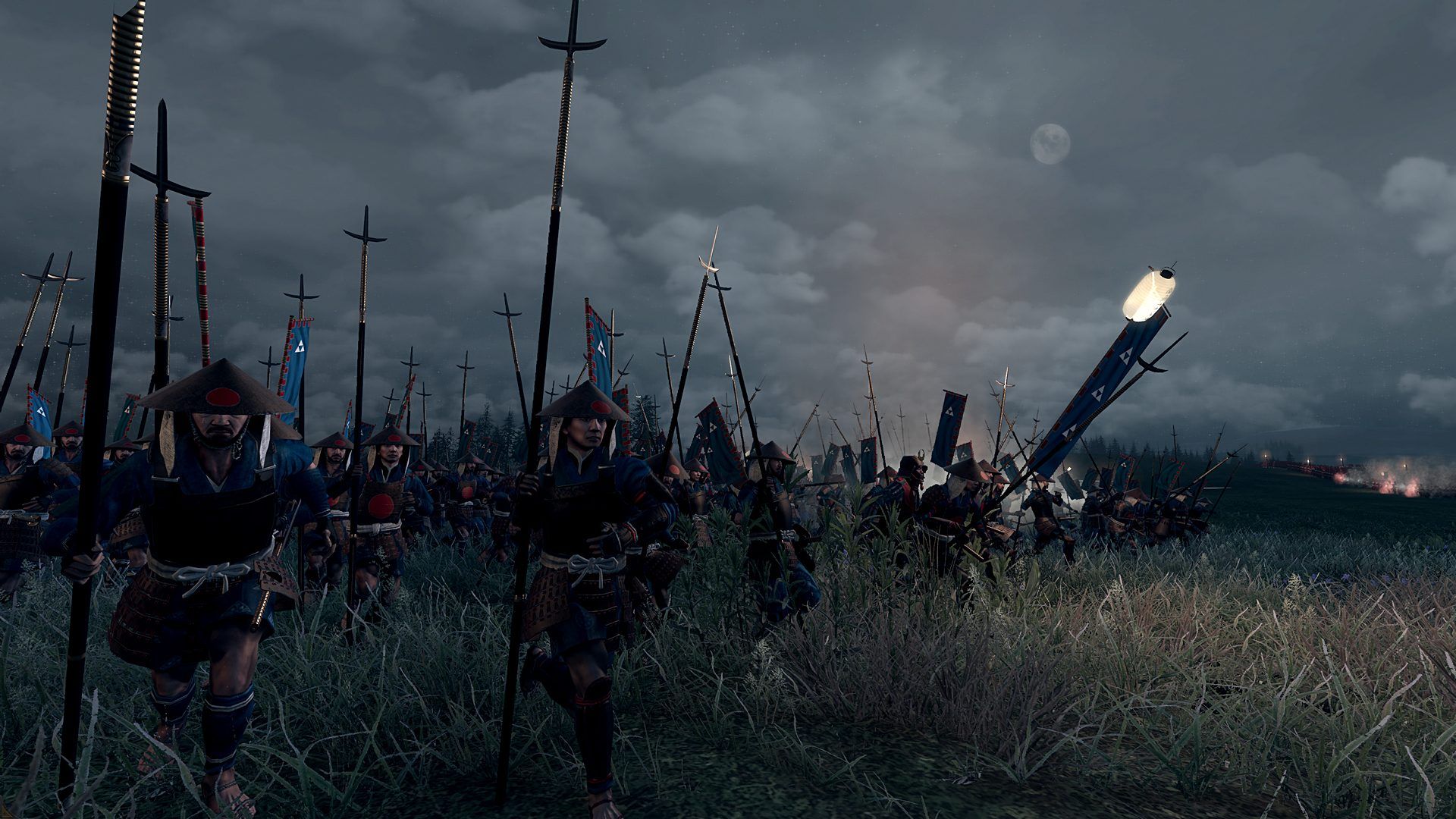Link to the Past – Total War: Shogun 2
One thousand seven hundred and twenty four hours. An ungodly amount of time. You might think it would describe time I’ve spent in lectures, or probably in my case, time spent missing them. Actually it is the amount of time I have spent playing the game Total War: Shogun 2. That is 72 days playing a single game. So what drove me to such insane obsession?
Well first you have to have to understand the Total War franchise holds a special place in my heart. The original Rome: Total War game is literally the reason I got into gaming and probably why I ended up studying history at university. For those who don’t know, Total War is a franchise of historical strategy games that combine grand strategy with real time battles that test the player’s tactical ingenuity.
The original Rome: Total War game is literally the reason I got into gaming and probably why I ended up studying history at university.
So to Shogun 2 – what is it about this game that makes it so immense in my mind? I mean, it’s neither the nostalgic classic nor the most recent game in the franchise, yet for me it is far and away both the best Total War game and the best strategy game ever published. Mostly this comes down to the fact that Shogun 2 perfects everything that makes the franchise special. The warscape engine that powers its real time battles holds serious improvements on its predecessor. In a series used to brutal warfare, capturing the fluidity of classic samurai combat, or Bushido, is a massive test which the game’s developers passed with flying colours.
Shogun 2 perfects everything that makes the franchise special
The grand strategy was also improved massively, with huge changes in regards to diplomacy and economics, which had either been oversimplified or neglected in previous games. This opened up avenues for completely different and more realistic play styles. For me, though, its crowning achievement is its history. It goes so much further than just maintaining general historical accuracy. Having historically precise traits for leaders (like infertility for Uesegi Kenshin) as well as acknowledging characters who would rise to prominence outside of the game’s time period, like Saigo Takamori, shows historical attention to detail unmatched by any other game. All this makes it feel so real when you play.
What makes this game great in the general sense, then, is that it understands exactly how to balance simplicity and complexity in different aspects of the game, making it as a whole neither dull nor convoluted. With 1724 hours down, I’m not going to stop playing anytime soon.

Comments